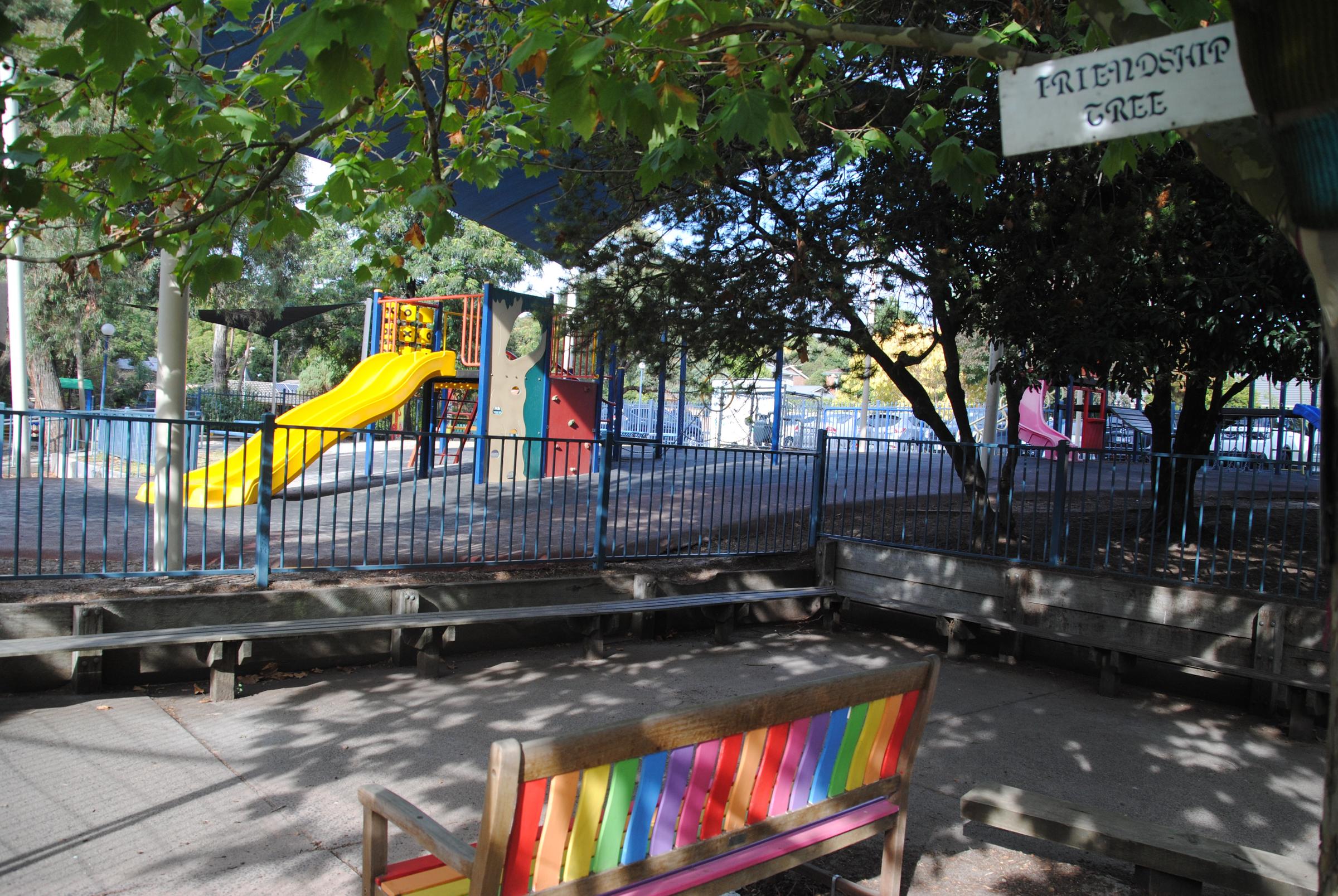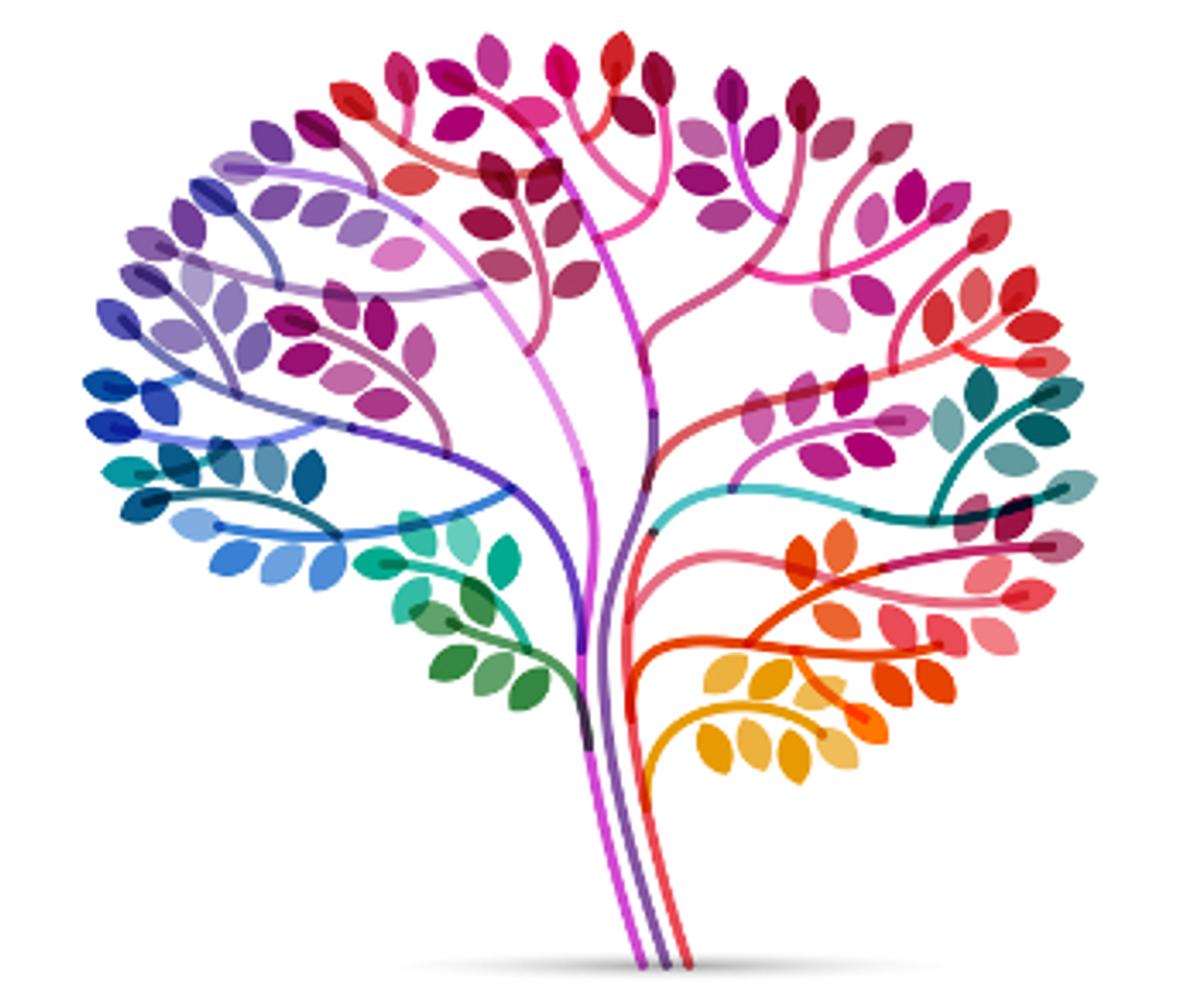Student Wellbeing

Mindfulness
At Jells Park Primary School, we believe mindfulness is a key to keeping students engaged and feeling not only physically but mentally and emotionally happy and healthy.
Ways in which we implement mindfulness into our daily routines includes:
- Mindfulness Colouring
- Mindfulness Listening to Music
- ‘Smiling Minds’ (guided meditation)
- Brain Breaks
- Fruit time
- And many more…
Mindfulness is all about focusing attention on the here and now, rather than thinking about the past or worrying about the future. It is a whole body-mind state of awareness that involves ‘tuning in’ to the present moment, with openness and curiosity instead of ‘tuning out’ from experience. Mindful awareness is something that we all possess and can be strengthened through practice.
Why practice mindfulness?
- Research shows that mindfulness training increases connectivity in the frontal lobe of the brain, which is linked to improved attention, memory processing and decision making abilities.
- Mindfulness training increases children’s ability to self-regulate their emotions, especially difficult emotions such as fear and anger, through breathing and other techniques.
- Mindfulness has been shown to improve empathy, which improves children’s awareness of others and helps them to build positive relationships.
- Mindfulness training has been shown to reduce the severity of depression, anxiety and ADHD in children.
- Mindfulness builds resilience by giving children skills to help them cope better with stress, as well as engage more fully with themselves and the world.
- 1 in 7 primary aged children and 1 in 4 secondary aged children are experiencing mental health problems. The implementation of mindfulness programs in schools and at home can help alleviate the affect of growing pressures from technology and social media and their impacts on young people’s mental health.
What can you do at home?
Try to include some time in the week for students to get away from technology, and to do something present thinking. Such tasks as cooking a meal, playing that doesn’t include the use of technology, dinner time rituals, and even brushing their teeth can lend time to mindfulness.
Wellbeing Team

